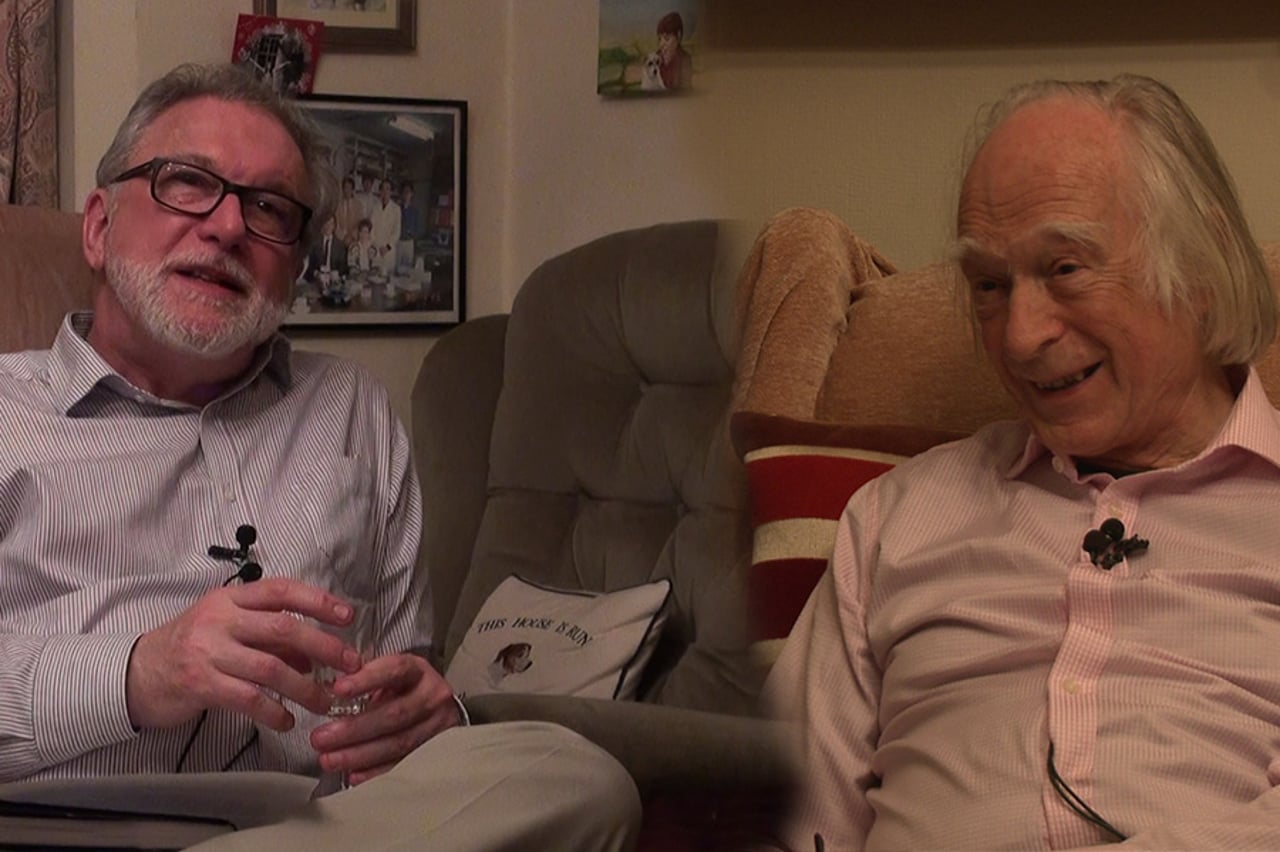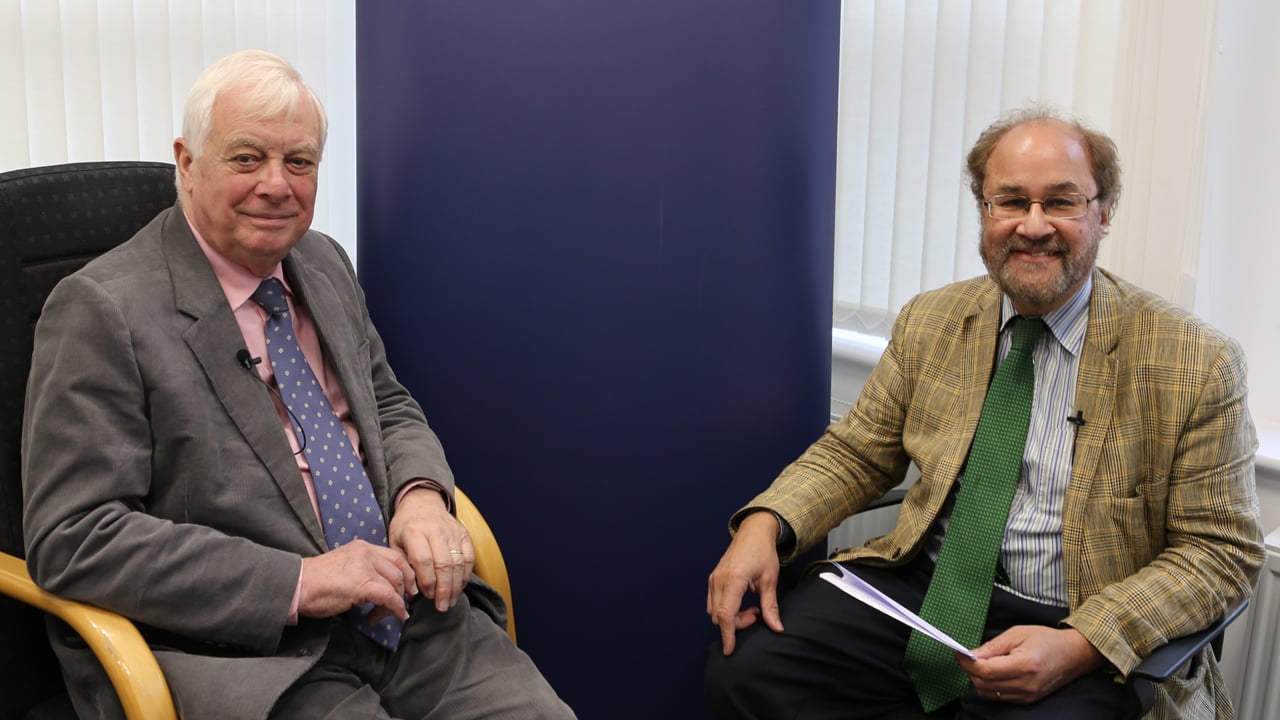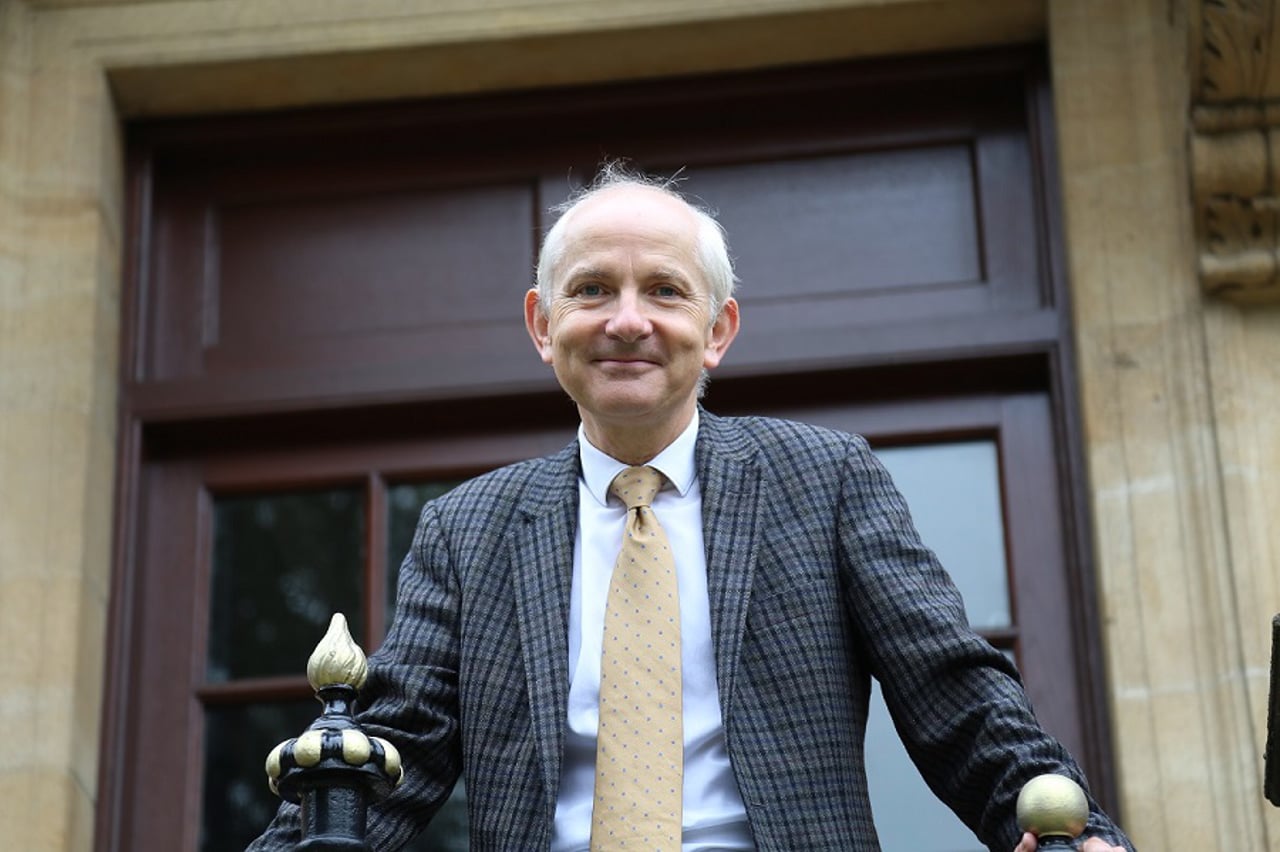On 2nd July 2016, Balliol College hosted its Donors Day, an event inviting alumni and friends of the college to hear about how their contributions have benefitted students and academics, enabling them to carry our their studies and research. The guests were welcomed in the hall by Sir Drummond Bone, Master of Balliol College, and then attended a variety of events and lectures. Voices from Oxford produced three videos from the Donors Day: a brief highlights video and full recordings of two of the lectures.
(Please scroll down to view content)
Donors Day Highlights
Short video featuring highlights of the Donors Day at Balliol College, including the Master, Sir Drummond Bone welcoming the guests in the hall, and short clips from lectures by Prof David Wark and Prof Denis Noble in which they thank Balliol donors for their generosity and outline how their support has contributed to important developments in particle physics, and economics and management respectively.
Mysterious Neutrinos
Prof David Wark, Professor of Experimental Particle Physics at the University of Oxford delves into the mysterious world of neutrinos, and their role as fundamental particles of the universe. He explains how modern advances allow physicists to observe neutrinos and their behaviour, and shows this with a live demonstration during the lecture. We also hear from 2015 Nobel Laureate in Physics Art McDonald via videolink on the importance of the collaboration between Balliol College academics and graduate students with scientists from around the world which has led to a greater understanding of these elusive particles.
A Systems Approach to Economics and Management
Prof Denis Noble delivers a lecture summarising recent meetings of the Balliol Interdisciplinary Institute (BII) seminar group which he chairs. Combining aspects from evolutionary biology, economics and management, the seminar meetings have discussed how these approaches can be synthesised to create novel ways of looking at the entry of multinational corporations into national markets in East Asia. The tentative initial conclusions are that a cooperative approach usually produces more successful outcomes than a combative one, and the group are scheduled to publish their findings in a prestigious journal in late 2016 / early 2017.



